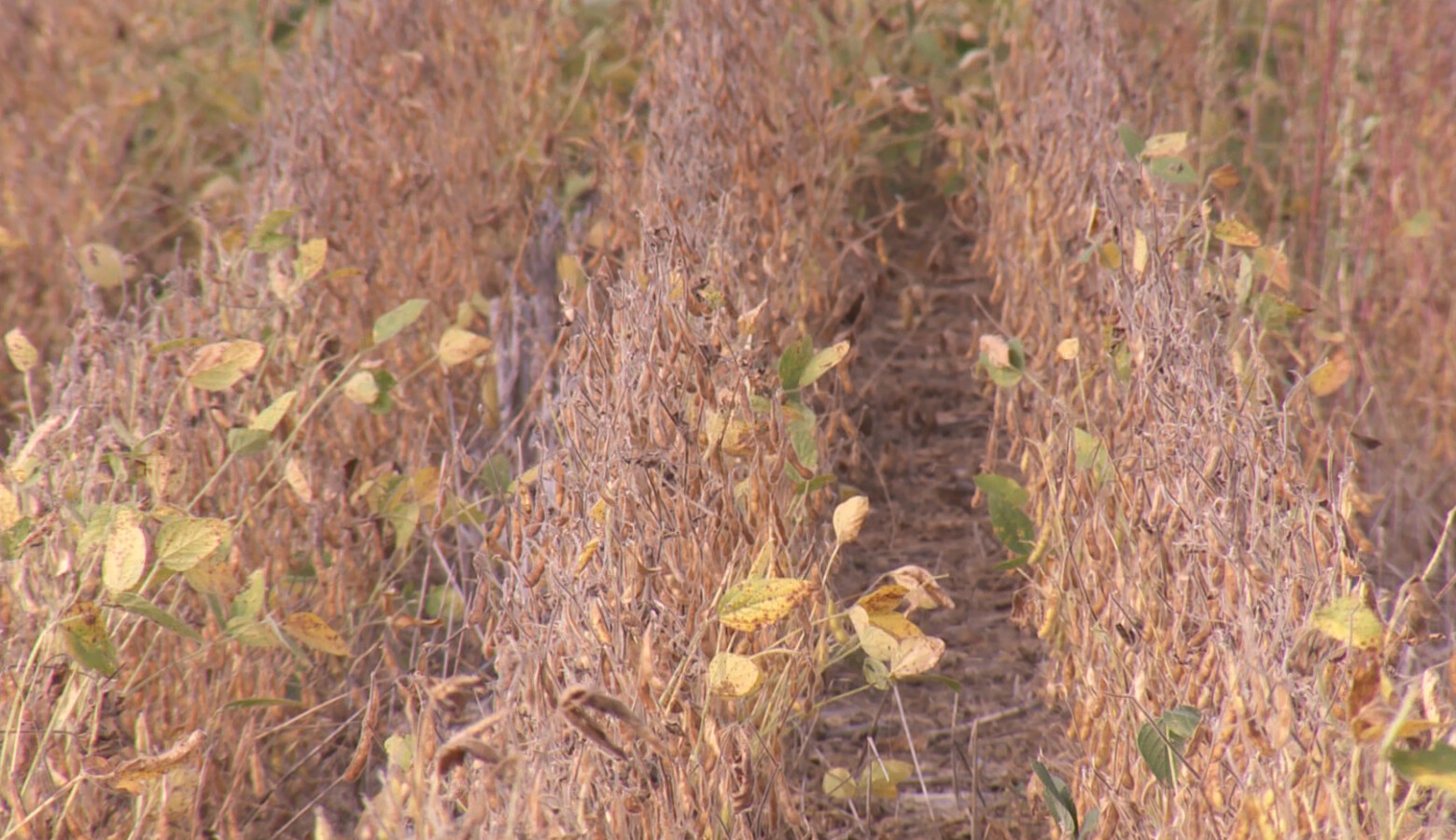Sen. Mike Braun’s Bill Could Help Reward Climate-Friendly Farmers

U.S. Sen. Mike Braun (R-Ind.) helped introduce a bill on Thursday that aims to reward farmers and foresters for climate-friendly practices. That could include things like growing plants that sequester greenhouse gas emissions, reforesting land, or switching to cattle feed that reduces methane.
The bill would help farmers and foresters who do these practices sell carbon credits on the market. Polluting companies could then buy those credits as a way of offsetting their own emissions.
Kevin Cox farms in Parke, Putnam, and Clay counties. He also serves on Senator Braun’s agriculture committee. Cox says farmers have been hit hard by the COVID-19 pandemic and recent tariffs.
“Here’s an opportunity to generate some income for the agriculture industry which desperately needs that right now,” he says.
Join the conversation and sign up for the Indiana 2020 Two-Way. Text “elections” to 73224. Your comments and questions in response to our weekly text help us find the answers you need on COVID-19 and the 2020 election.
Cox says whether this incentivizes farmers to start doing sustainable practices likely depends on how much they get paid for the carbon credits.
But a state climate expert says this is a very small step in addressing climate change. Jeff Dukes directs Purdue’s Climate Change Research Center. He says it’s a huge step forward to see bipartisan action on climate change in the U.S. Senate.
“It’s certainly a positive. At the same time, it’s something that, to me, makes it clear how much farther there is to go,” he says.
Agriculture makes up only 10 percent of the country’s greenhouse gas emissions — and Dukes says it’s hard to say how much these practices would actually reduce them. Though Dukes says some sustainable farming practices can benefit the environment in other ways — like by decreasing water pollution and soil erosion.
READ MORE: Farmers Who Rent Less Likely To Do Practices That Improve Soil, Water
More than 40 farm groups, environmental organizations, and Fortune 500 companies have expressed support for the bill — including the Indiana Farm Bureau, the Indiana Soybean Alliance, and the Indiana Corn Growers Association.
Contact Rebecca at rthiele@iu.edu or follow her on Twitter at @beckythiele.
Indiana Environmental reporting is supported by the Environmental Resilience Institute, an Indiana University Grand Challenge project developing Indiana-specific projections and informed responses to problems of environmental change.

